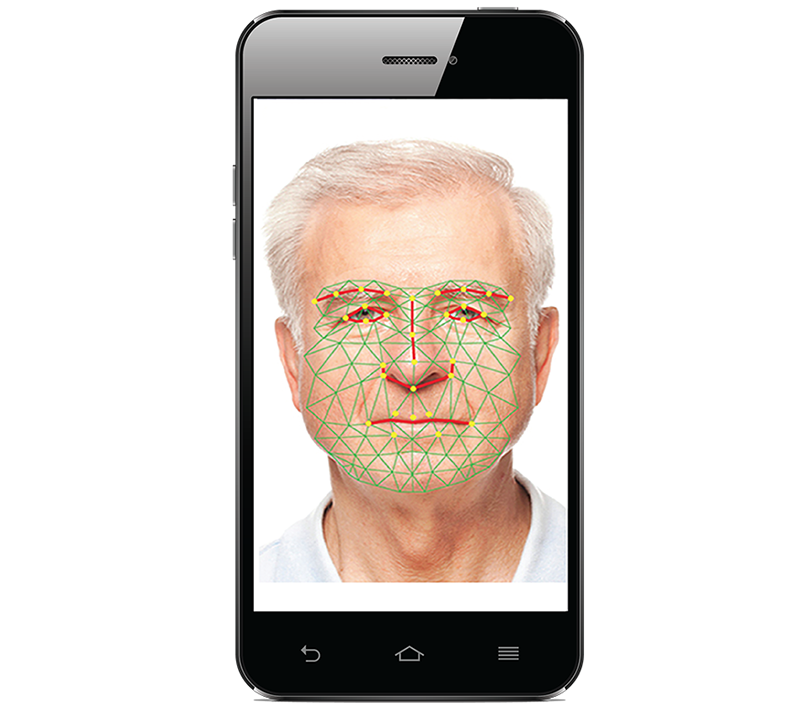AI-powered pain assessment company PainChek has published a new report on pain and dementia, titled ‘Pain and dementia: common challenges for care managers.’ The findings of the report show that half of the people living with dementia in residential homes in the UK experience pain.
“At least 50% of people living with dementia in the UK’s 18,000 care and residential homes regularly experience pain,” explains Professor Jeff Hughes, chief scientific officer at PainChek.
PainChek’s new report coincides with World Alzheimer’s Day, which is observed on September 21 each year, reports MobiHealthNews.
PainChek® is a safe and rapid pain assessment App that complies with social distancing requirements and infection control procedures, minimizing risks for patients, residents and their carers.
Pain in dementia patients can be complex and subjective because they can’t communicate their symptoms. So, caregivers and doctors have to rely on analyzing behaviors like body language, restlessness, sleep patterns, speech, appetite, and facial expressions.

“Many people with dementia struggle to communicate, so are frequently unable to verbalize their pain. This can lead to the emergence of behaviors and psychological symptoms like aggression, agitation, loss of inhibitions and anxiety, which are all too often attributed to the Alzheimer’s or other dementias, and not considered as an indicator of pain,” said Professor Hughes.
The App is downloadable to standard smartphones and tabs, with on-line training available for carers through the company’s eLearning platform. The pain assessment takes no more than 3 minutes to complete and storage of pain scores is automatic, eliminating the need for handling paper.
Read more Savonix-Boston University Partnership Launches Study to Collect Brain Data for Alzheimer’s Disease
Indicators of pain are taken into account in identifying the level of pain, and a profile of the ‘pain burden’ can be seen and monitored in the cloud.












